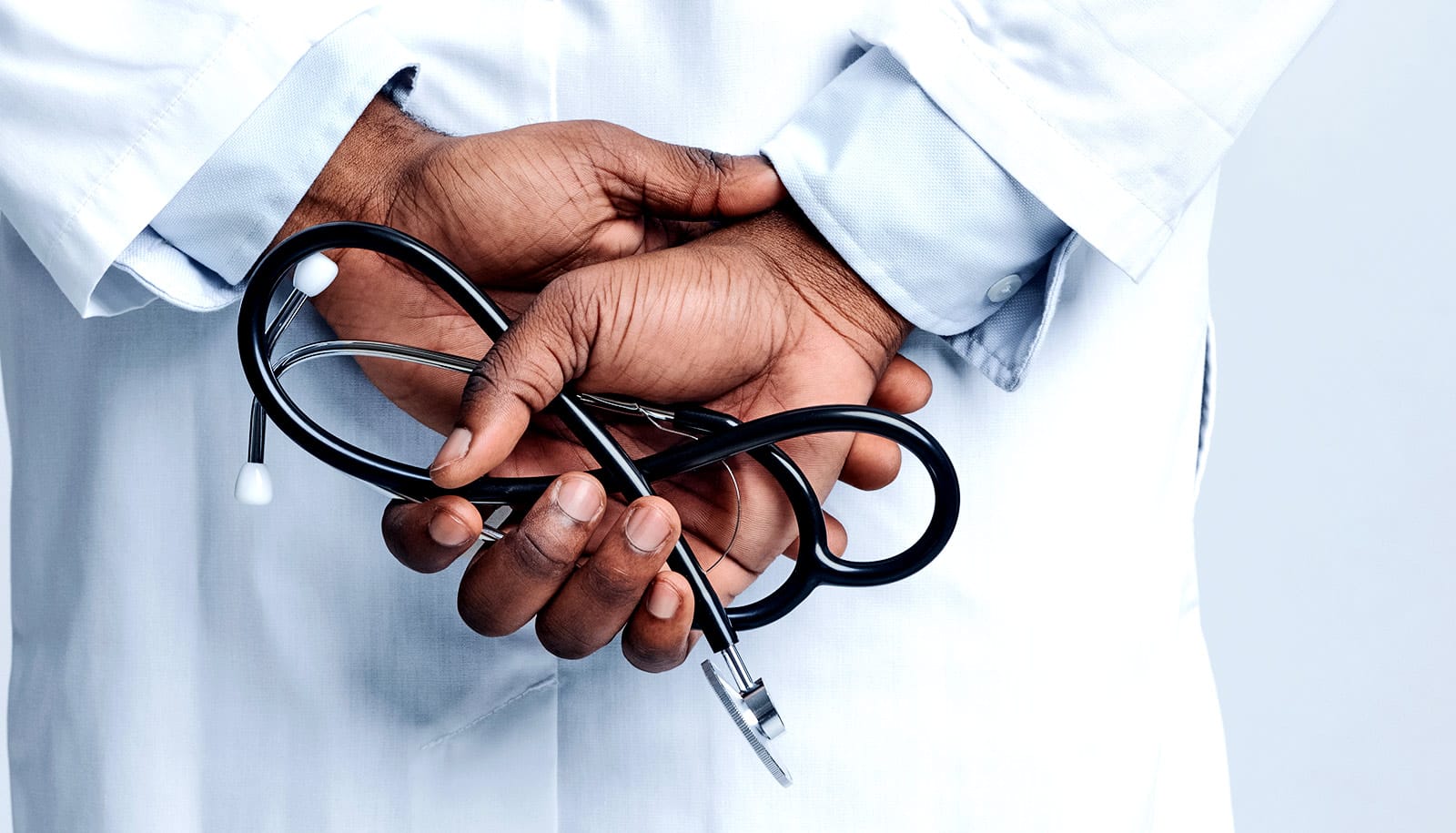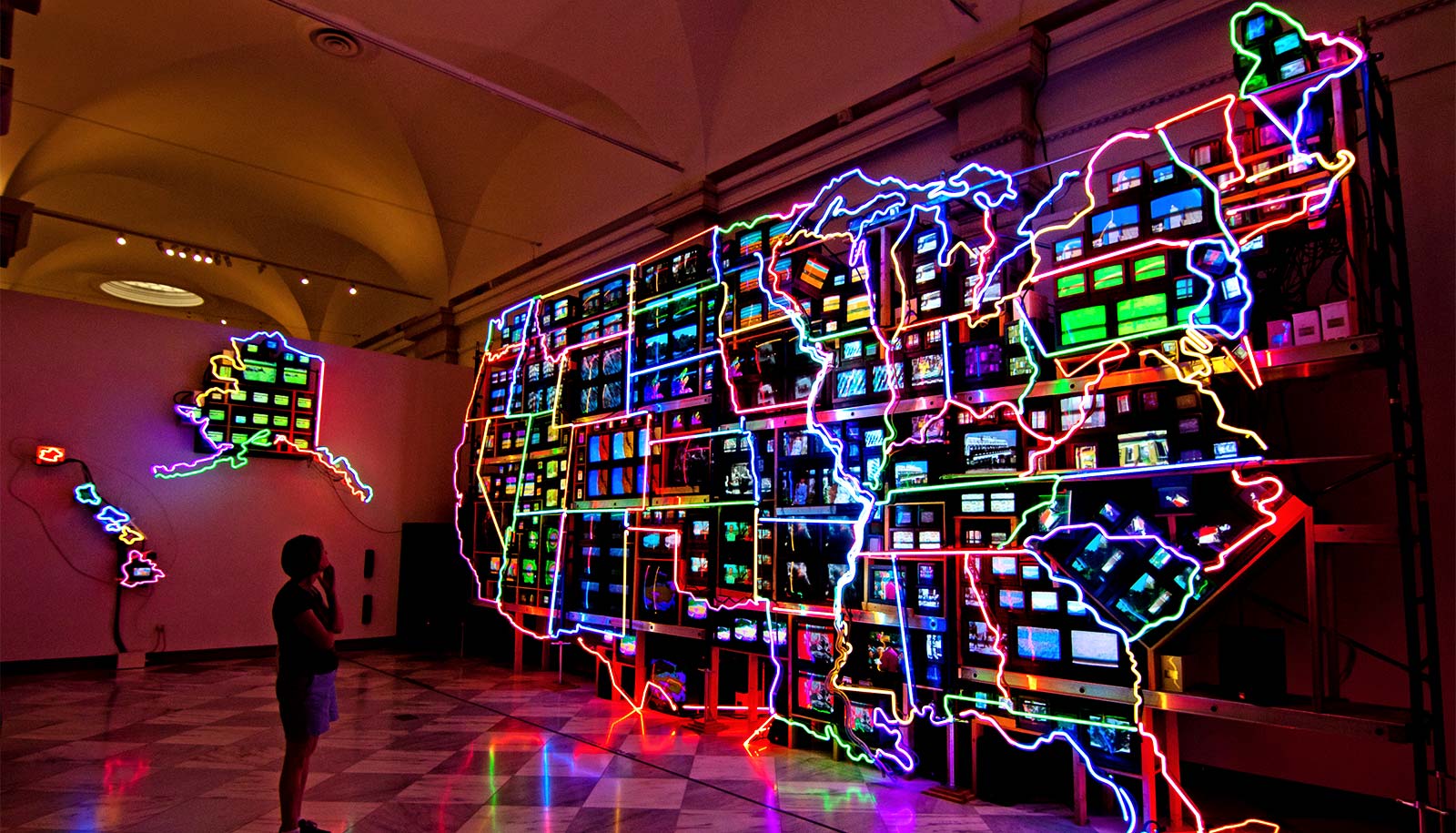Here, two Rutgers New Jersey Medical School experts—associate professor Natalie E. Roche and assistant professor Damali Campbell-Oparaji, president of the New Jersey Medical Association (NJMA)—discuss how this could affect primary care access in minority communities and what effect the pandemic is having in those communities:
How has the pandemic affected minority-owned physician practices?
Campbell-Oparaji: Ninety percent of NJMA members reported reductions in income largely driven by fewer patient visits and surgeries; inadequate insurance compensation for telehealth visits; and a lack of technology and tech support, affecting doctors and patients alike, for a successful switch to telehealth.
Others had to reduce their office hours and lay off employees in part because of the doctors’ age, ethnicity, and underlying medical conditions that put them at greater risk of COVID-19. Still, others contracted the virus themselves. Some doctors tried to stay afloat during the pandemic by applying for Payment Protection Program loans but were denied.
Even during economic booms, Black-owned businesses have suffered persistent discrimination and underinvestment. Lenders are less likely to approve loans for them. So it’s no surprise that many Black-owned private practices are suffering.
How would the mass closure of Black-owned medical practices affect communities of color?
Campbell-Oparaji: Minority communities have historically had mistrust in the health care system rooted in prior experiences of institutional racism. However, they often do trust minority physicians and turn to them for care and medical information.
Most of these practices accept Medicaid and Medicare and take uninsured patients who self-pay. The loss of minority-owned physician practices can make it more difficult for minority patients to access affordable, quality healthcare, and will likely widen health disparities.
How has COVID 19 affected minority communities?
Campbell-Oparaji: Reports show Black and other minority communities have higher rates of COVID-19 infection and death. This population is more likely to have exposure to COVID-19 because they are more likely to have jobs in the essential worker category, and are thus less likely to shelter at home.
The use of mass transit for essential workers remains a factor. Communities of color are more likely to live in multi-generational household were the working members of the household can expose vulnerable family members to COVID -19. This has highlighted the need to address not just health equity issues but also data reporting.
Why has the impact of COVID-19 been so extensive in these communities?
Roche: Many factors have contributed to these disparities like access to care, medicines, and insurance coverage which existed before the pandemic as well as longer wait times to see healthcare providers.
Social determinants also play an important role. These include lower-income, food insecurity, housing insecurity, inability to socially distance at home, lack of access to personal protective equipment, and other effects of systemic racism.
This population is more likely to have underlying medical conditions—such as obesity, asthma, hypertension, heart disease, diabetes, and cancer—which put COVID-19 patients at higher risk. People of color are more likely to be exposed to pollution in their living environments in addition to already experiencing higher death rates and reduced life expectancy, which are even more pronounced in the poorest populations.
What tips would you recommend for potential COVID-19 patients in communities that lack abundant access to health care and tests?
Roche: Follow US Centers for Disease Control and Prevention recommendations such as wearing face masks, washing hands, using hand sanitizers, and cleaning surfaces with recommended cleaning products.
Communities can also reduce the costs of needed items by buying in bulk and sharing. Communities can protect the elderly by offering to help with shopping and prescription pick up, and help those who are not tech-savvy by sharing information about COVID 19 testing sites, food donations, safer public transportation practices, rent assistance, and phone assistance.
Patients should avoid isolation (while social distancing), keep up with medical appointments, and take their medications for acute and chronic conditions. All should learn the symptoms of COVID-19 and seek medical care promptly if symptomatic. If symptoms are severe, visit the emergency department immediately.
Patients who have tested positive for COVID-19 but have not been admitted to a hospital should monitor their symptoms because they can deteriorate quickly. They should make regular notes of temperature, heart rate, and breathing.
Ask family and friends to help with wellness checks, food, transportation to medical care, and interactions with medical professionals. Prevent the spread of the disease by self-isolating. Seek advice from a medical professional if self-isolation is not possible. Avoid dehydration, and do not forget to take care of other chronic medical conditions like diabetes, heart disease, and hypertension.
Source: Rutgers University


